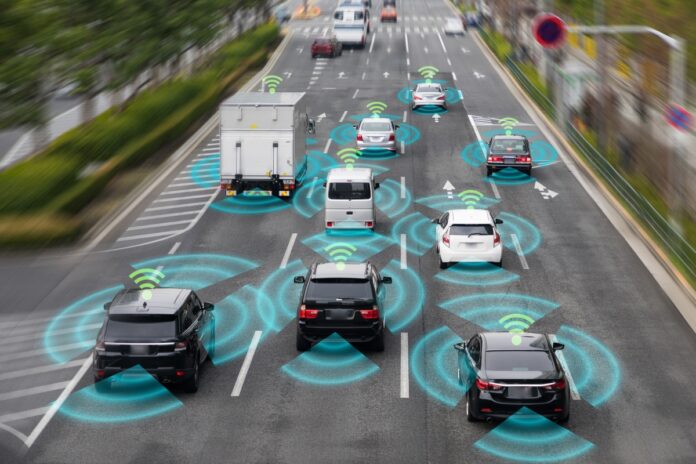Nobody likes surveillance but modified car exhausts take the peace
Nokia is using its artificial intelligence (AI)-powered Scene Analytics technology in the Belgian city of Genk to quantify noise pollution in one of the city’s high streets.
City authorities want to address the exposure of residents and visitors to excessive noise from modified exhaust systems on cars, motorbikes and other vehicles travelling on the Stalenstraat. The noise has become a health and safety issue.
Nokia and its technology partners are creating a protype system that uses data from microphones and cameras installed along the road which have been infused with internet of things (IoT) sensors.
Noisy cars automatically get snapped
If an approaching vehicle exceeds a pre-determined threshold, the street deployed microphones and cameras begin recording. Nokia Scene Analytics adds intelligence to the event data transmitted from the sensors using a decibel-powered algorithm for audio analysis and automated number plate recognition (ANPR).
This information is sent to authorities who receive ‘quantified observations and orientations’, which help them make informed decisions on whether they will address the issue – and what action to take.
Nokia technology improves life in Genk
“The city of Genk embraces technology that improves the lives of its residents and visitors,” said Mayor of Genk, Wim Dries. “The data collected by Nokia’s AI-powered platform will automatically analyse patterns of noise and traffic allowing us to understand with quantifiable results the concerns of residents and visitors. This will help us put plans in place to address the issues of loud vehicles in the city and make it a safer and more peaceful place for everyone within the city limits.”
Clearing the trash in Melbourne
The Nokia Scene Analytics platform is paving the way in sustainable, cross-domain sensor data analytics, said Suparno Banerjee, Nokia’s government and cities VP. Integration with third-party systems and even more IoT sensors could give smart cities and connected industries a solution to a variety of challenges, said Banerjee.
In the Australian city of Melbourne Nokia and the local authority are experimenting with AI technology to analyse street activity and categorising it to find which types of behaviour correlate with illegal waste dumping.



